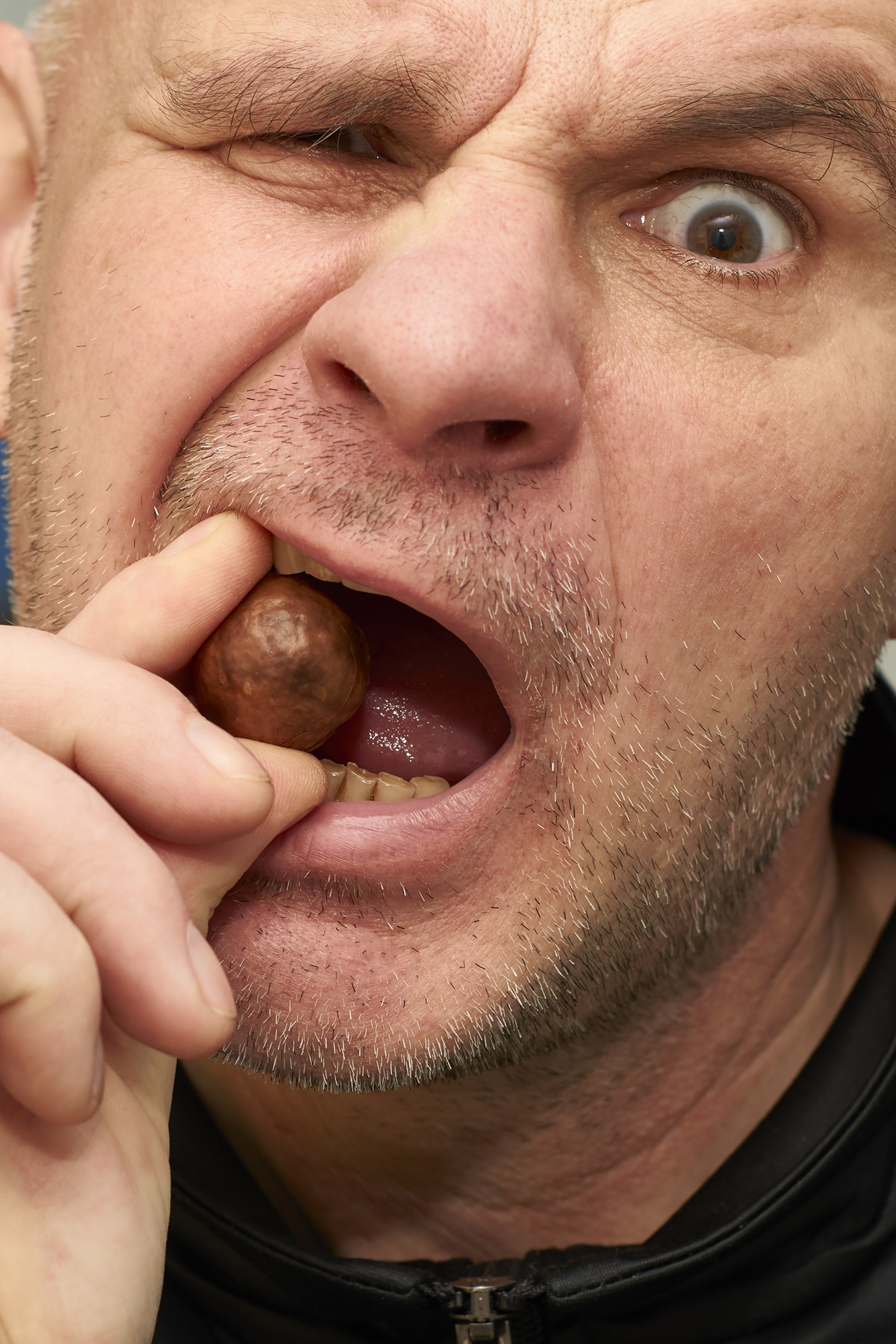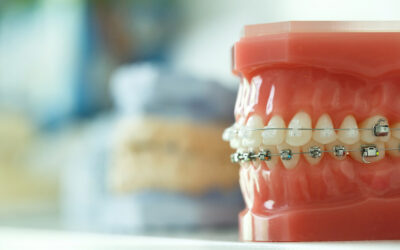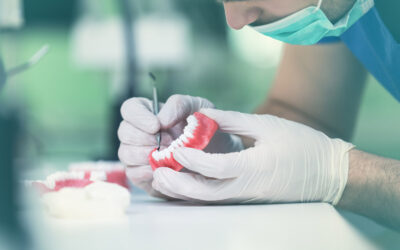How a Family Dentist Repairs Chipped or Cracked Teeth

Causes of Chipped or Cracked Teeth
There are several reasons why teeth may become chipped or cracked. Trauma, decay, teeth grinding (bruxism), and age are among the most common causes.
Trauma to the teeth can occur due to accidents or injuries such as falls, sports injuries, or car accidents. Decay can weaken the structure of the tooth, making it more susceptible to cracking or chipping. Bruxism, or teeth grinding, can also cause teeth to chip or crack over time. Finally, age can also play a role in weakening teeth and making them more prone to damage.
Diagnosis of Chipped or Cracked Teeth
To diagnose chipped or cracked teeth, a family dentist will perform a dental exam and take x-rays to assess the severity of the damage. Based on the examination and x-rays, the dentist will determine the best course of treatment.
Treatment Options for Chipped or Cracked Teeth
There are various treatment options available to address chipped or cracked teeth, depending on the severity of the damage. Here are some of the most common options:
Dental bonding: This involves the application of a tooth-colored resin to the damaged area of the tooth. The resin is shaped to match the natural contour of the tooth and hardened with a special light.
Porcelain veneers: These are thin shells of porcelain that are bonded to the front of the damaged tooth. They are custom-made to match the shape and color of your teeth, providing a natural-looking restoration.
Dental crowns: Crowns are caps that cover the entire tooth, providing protection and support. They may be necessary for more severe damage, especially if the tooth has extensive decay or a large filling.
Root canal therapy: If the damage has affected the pulp of the tooth, a root canal may be necessary to save the tooth. This involves removing the damaged or infected tissue and sealing the tooth with a filling or crown.
Tooth extraction: In some cases, if the damage is too severe, the tooth may need to be extracted. This is usually a last resort when other treatments are not possible or would not be effective.
Your dentist will evaluate the extent of the damage and recommend the best treatment option for your specific case. With proper care and maintenance, your repaired tooth can last for many years and restore the functionality and appearance of your smile.
Procedure for Repairing Chipped or Cracked Teeth
The procedure for repairing a chipped or cracked tooth will depend on the treatment option chosen by the dentist. Generally, the process involves preparing the tooth, applying the restorative material, and shaping and polishing the tooth to match the natural teeth.
Aftercare and Maintenance
After the tooth has been repaired, it is important to practice good oral hygiene to maintain the health of the teeth and gums. Regular dental checkups are also necessary to ensure that the repaired tooth is healthy and functioning properly. Avoiding hard or crunchy foods can help prevent further damage to the repaired tooth.
FAQs
How does a dentist diagnose a chipped or cracked tooth?
A family dentist can diagnose a chipped or cracked tooth by performing a dental exam and taking X-rays. The dentist will assess the severity of the damage to determine the best course of treatment.
What are the treatment options for chipped or cracked teeth?
Treatment options for chipped or cracked teeth may include dental bonding, porcelain veneers, dental crowns, root canals, or tooth extraction. The treatment option recommended by the dentist will depend on the severity and location of the damage.
Is repairing a chipped or cracked tooth painful?
The procedure for repairing a chipped or cracked tooth typically involves numbing the area with local anesthesia, so patients should not feel pain during the procedure. However, some patients may experience discomfort or sensitivity after the procedure, which can be managed with over-the-counter pain relievers.
How long does it take to repair a chipped or cracked tooth?
The length of time it takes to repair a chipped or cracked tooth will depend on the severity and location of the damage, as well as the chosen treatment option. In some cases, the procedure can be completed in a single visit, while in other cases, multiple visits may be necessary. Your dentist can provide you with an estimated timeline for your specific case.
Conclusion
To ensure your chipped or cracked teeth are properly diagnosed and treated, it’s important to schedule an appointment with a trusted family dentist. At Access Dental, our experienced team can provide you with the care and attention you need to restore your smile and prevent further damage. Don’t delay in seeking treatment – contact us today to schedule an appointment and take the first step towards a healthier, happier smile.



